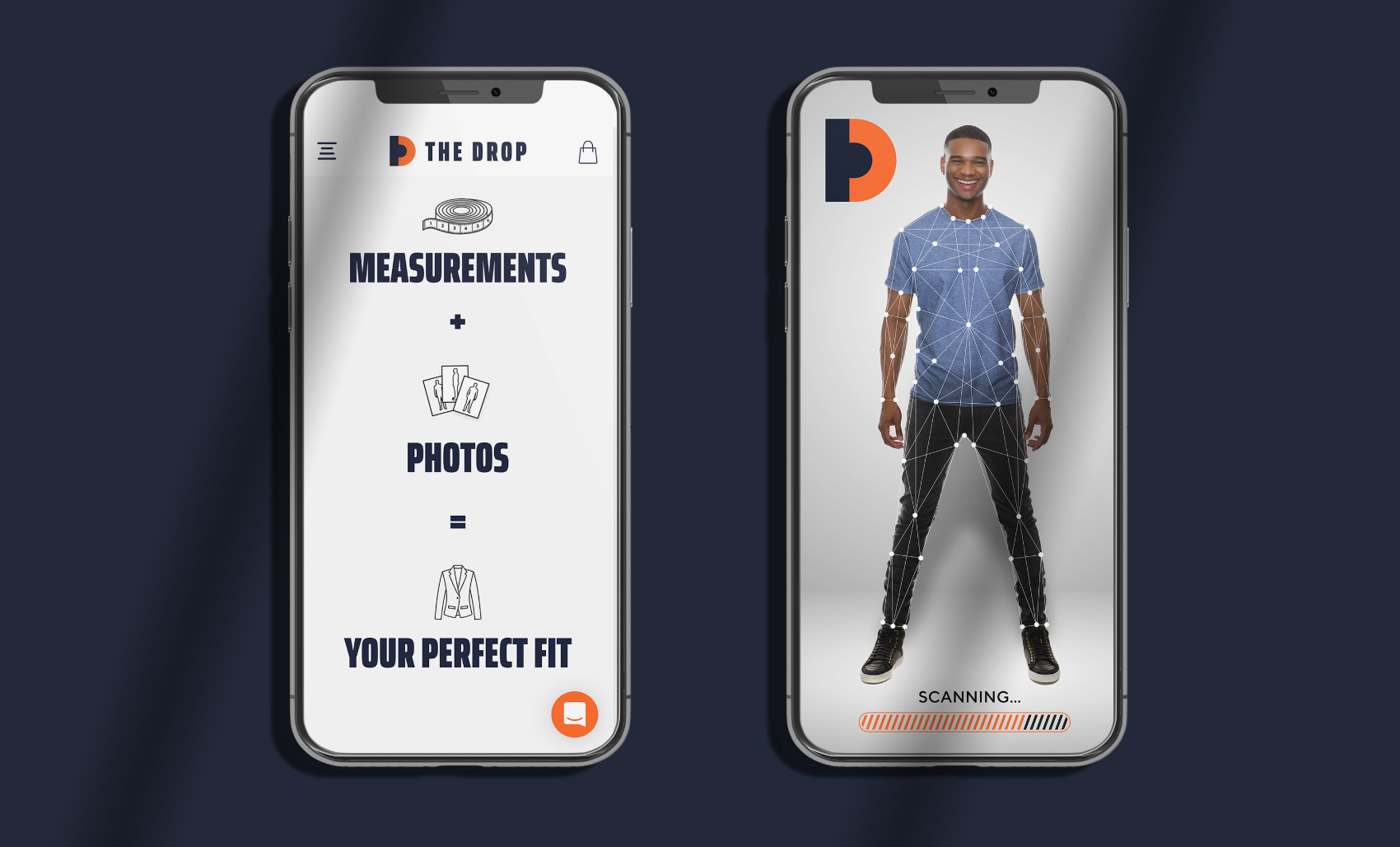
In the last few months I’ve jumped on the trend of listening to soothing sounds when going to sleep. To do this I have a Google Home Mini next to my bed and it has around 12 different pre-programmed sounds that it can play, ranging from waterfalls, waves, rainforest or just simple white noise. Around 90% of its instructions from me are the following:
“Hey Google, play wave sounds”
A simple instruction that it should be able to recognise every time and know exactly what I’m asking. So why is it around 20% of the time, I’m met with any of the following responses:
“I’m sorry, I’m not quite sure what you meant”
“Sure, playing “Wave” album from Spotify”
“I can’t do that right now, please try again in a few seconds”
Nothing is more detrimental to my relaxed state before bed than battling with my smart speaker to do what I want it to do. I give it the same instruction every night, how can it not remember?
There are some incredible examples of really intelligent AI and innovative use cases, that offer tangible benefits to businesses, consumers and the world we live in. If you came to our site via the homepage, you would have read the following statement: “where brand and technology meet”. It’s a catchy line, sure. But it’s more than that. We genuinely believe that through the magic of machines and human creativity, technology has the power to transform. It’s just that right now, some applications of it are giving it AI a bad name.
In the last couple of years smart speakers, appliances, watches have exploded in popularity and I’ve no doubt that the majority of you have at least one in your house. I really struggle though with labelling these devices as ‘AI’ or even “smart”. They’re mostly just devices that allow for voice-controlled shortcuts with no memory of what was asked before and no real deep analysis of working out the intent of my questions. Even if it can understand me, there’s a good chance it won’t be able to perform the action I want. Take the following example:
I very reasonably want to adjust the timer I set but I can’t because Google haven’t programmed the ability for my speaker to do that. Is this smart? Is this intelligent?
In a similar vein, every evening I open Google Maps and look at the traffic for my route home. There’s a handy little ‘Work’ button I can press that’ll bring that up for me. Useful right? Not really. Every evening I have to tell it, no, I don’t want to take the M25 because I’d like to actually get home that evening. Despite me taking the same non-motorway route to and from work every day for 6 years, it’s not clever enough to present to me a route and traffic information that’s relevant to me. Google has this data, I can bring a timeline up for where I’ve been every minute of every day (super creepy now I think about it) but it can’t use this data in an intelligent way.
Then there are the smart appliances that I’m not sure anybody actually asked for. A fridge that can order you milk when it sees that you’ve run out? A
smart fork that can tell you if you’re eating too quickly? Who asked for this?!
And that is the real key. Before we embark on a tech project with any of our clients at Pull, we always make clear to them that they need to
start with their key business challenges, not with the technology. Build the business case first.
For us, a great example of this was our work with The Drop. As an online tailor, one of their biggest challenges was ensuring customers supplied the correct measurements. For the customer, this meant a time-consuming process where they had to supply numerous measurements. So, delivering a solution to help the customer supply these would remove a potential barrier to purchase, make the process quicker, easier and more accurate, also cutting down on potential returns. It’s not hard to imagine a company in a similar position devising some sort of half-baked AR app that allows customers to visualise a suite or pattern, but here was a genuine business challenge we could solve,
creating a custom AI solution that simplified the measurement process, while ensuring a higher level of accuracy.

These are some poor or non-existent examples within our current AI landscape but there are some really exciting applications of AI that are actually benefitting consumers and that actually, in my mind, provide a tangible benefit.
At time of writing the world is going through the Covid-19 pandemic, a time when misinformation about symptoms and when to contact the emergency services is all too prevalent online. To help alleviate some of these issues and to help people suffering from anxiety Microsoft have
developed an AI-powered coronavirus chatbot to help people diagnose their symptoms and to determine whether they should contact the emergency services.
While the AI aspects of this chatbot aren’t necessarily complex it provides a good example of a new technology, something that just wasn’t possible 5 years ago, being put to fantastic use. Chatbots provide an excellent way to take pressure off human call centre staff in many industries and that’s especially important for healthcare right now.
Chatbots not only benefit the consumer and the organisation at point of contact but also with the data resulting from these interactions. With the coronavirus chatbot specifically it would not be surprising for healthcare organisations to be crunching the data supplied through the chatbot (age, sex, location, symptoms) to build up a really useful overview of how the pandemic is spreading and how it affects different people. This process is called machine learning and could produce invaluable data for future epidemics.
For other traditional commercial organisations you can see how people interacting with your chatbot could give you insights into your business; what pages on your website aren’t clear enough, should we offer certain functionality on the website that people are currently having to phone us to accomplish etc.
I believe us to be in the truly early stages of our future AI world and a lot of what is currently out there is either misleading in its ‘AI’ claims or AI products for solutions that nobody asked for. As the technology matures and true AI begins to filter down to the mainstream, I think we’ll get a better handle on suitable applications, especially within healthcare. I’ll just be happy when I can adjust my Google Home timers….
Posted 3 April 2020 by Tom Wiles